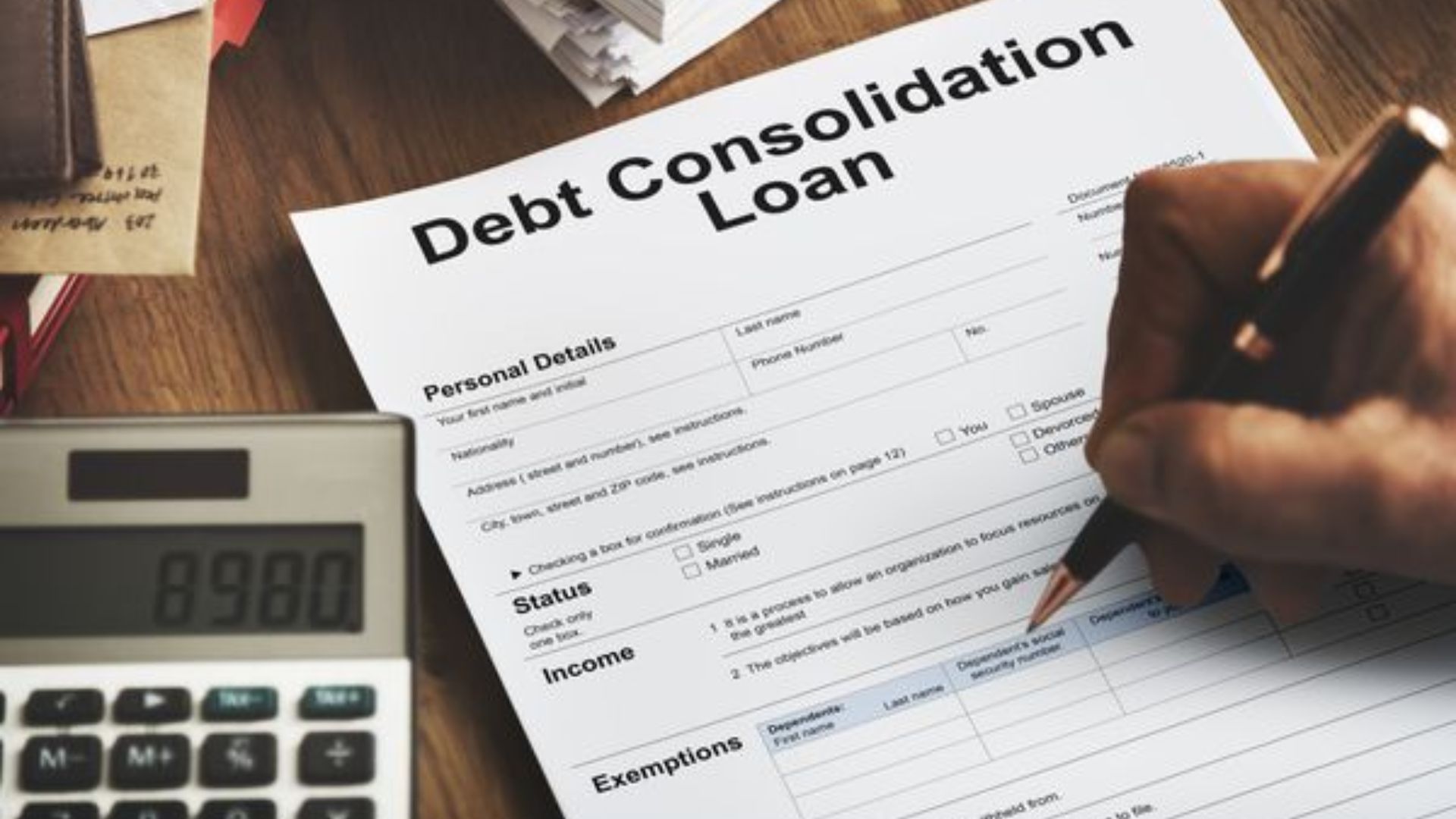Back to basics, sounding more natural this time around. Debt consolidation loans are everywhere when you look for help with multiple debts. If you get one loan to clear all or most of your debts, this can mean interest rates are lower, and we will make sure we streamline some areas. But, like every financial decision, getting a Debt Consolidation Loan has pros and cons. Understanding the pros and cons of this is necessary to find out whether or not it is suitable for your finances.

What exactly is a Debt Consolidation Loan?
A debt consolidation loan is an unsecured personal borrowing, which could make your monthly outgoings cheaper. If accepted, the borrower takes out a new loan to pay off these old obligations, in this case, under more favourable terms (generally lower interest rates or more extended repayment periods. Consolidating debt means combining your existing debts into a single monthly payment.
What Are The Pros or Benefits of Debt Consolidation Loan?
Simplified Debt Management:
Paying more than one debt can be a hassle as it also means different due dates and interest rates. Instead of worrying about several monthly loan repayments, debt consolidation will help you consolidate all those debts into one payment by the end of every month. A stripped-down system for spending and saving to stay on top of your dough.
Lower Interest Rates:
One of the most significant benefits of a debt consolidation loan as an alternative option is that it could qualify you for much lower interest payments. Ideally, the consolidation loan will have a lower interest rate than that high-interest credit card debt and save you money in the long run. That means more of your monthly payment will go to paying down the principal and, ultimately, getting you out of debt faster.
Fixed Repayment Schedule:
These loans may have a fixed timeline that you will pay on the loan, so know how long it takes to get out of debt when using them. This consistency in workflow establishes predictability, which feeds into a budget and an ability to project cash flow, giving you some modicum of control over your financial life.
What Are The Cons or Disadvantages of a Debt Consolidation Loan?
Adding More Debt:
One of the largest gambles which you can experience is usually a consolidated debt consolidation loan.
Potential over-inflated total costs from appraisal:
A debt consolidation loan should reduce the monthly payment but, in turn, extend it over twice as long. The result is that assuming the rate of interest offered to your loan is a tad lower.
Fees and Costs:
On the other hand, some debt consolidation loans carry fees such as origination charges or balance transfer costs. This can water down some of the cost savings you will achieve through consolidation.

Conclusion
Taking out a debt consolidation loan will impact your credit standing, but you have to be careful not to be as high as the balances on those previously owed accounts. But we only recommend you pay or take a consolidation loan after figuring out everything is fine! So take a close look at where you stand financially now, pick what is important to you over time, and prepare for whatever lifestyle or financial adjustments may be needed to keep debt from slithering back into your world.



